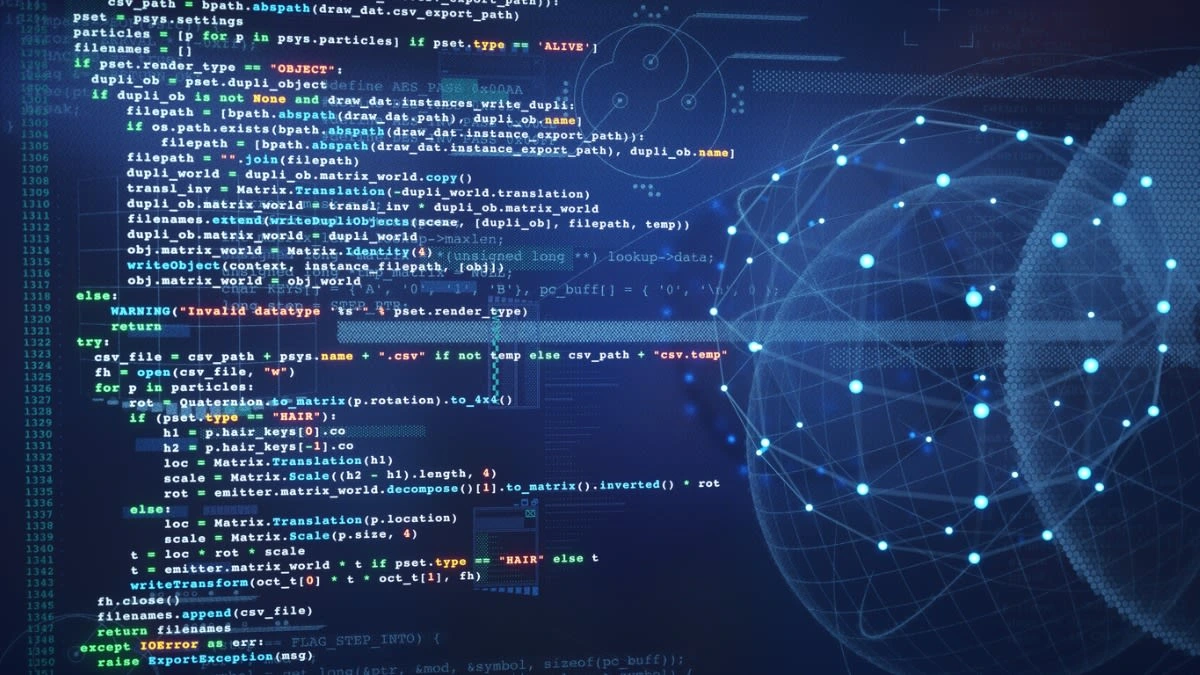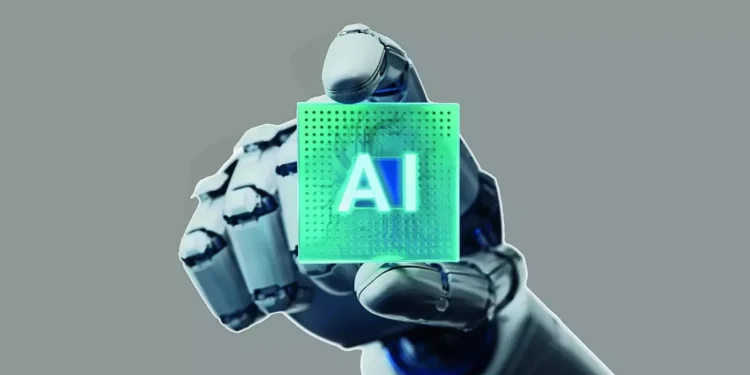In the realm of software development, a new trend is quietly taking shape, one that may have significant ramifications for the industry’s future. As more young programmers enter the workforce, their reliance on artificial intelligence (AI) tools like GitHub Copilot, OpenAI’s Codex, and other AI programming assistants has become notably profound. This phenomenon, as highlighted by experienced developer Namanyay Goel, suggests a shift from traditional coding prowess to a more assisted form of software development.
Goel, expressing his concerns, notes, “Every junior dev I talk to has Copilot or Claude or GPT running 24/7. They’re shipping code faster than ever.” However, he quickly points out a critical shortfall: “Sure, the code works, but ask why it works that way instead of another way? Crickets. Ask about edge cases? Blank stares.”
This sentiment captures a broader anxiety about the potential long-term effects of such dependencies. As Goel argues, the foundational knowledge that once came from grappling with complex coding challenges is diminishing among newcomers, replaced by a seemingly infallible digital crutch.

The Decline of Deep Problem-Solving Skills
Historically, mastering coding required not only understanding the ‘how’ but also the ‘why’ behind programming solutions. Traditional platforms like StackOverflow offered a community-driven approach where budding developers could engage with multiple threads of expert discussions, fostering a deeper comprehension of coding problems and their myriad solutions.
In contrast, today’s AI tools provide immediate answers without necessitating a deep dive into the underlying logic or potential alternatives. “With StackOverflow, you had to read multiple expert discussions to get the full picture,” Goel reminisces. “It was slower, but you came out understanding not just what worked, but why it worked.”
Recent research from Microsoft and Carnegie Mellon underscores this issue, suggesting that increased reliance on AI might be leading to atrophy in critical thinking skills, as users accept AI-generated solutions without significant scrutiny.

The Trade-Offs of AI Integration in Coding
While AI in programming boosts efficiency, enabling developers to churn out code at unprecedented rates, it also introduces risks. The reliance on AI can lead to a superficial understanding of coding processes, potentially embedding more errors in the code due to unchecked ‘hallucinations’ or inaccuracies typical of AI models.
Moreover, as Goel points out, the broader implication of this trend is a generational gap in technical expertise and problem-solving acumen. “We’re trading deep understanding for quick fixes,” he warns. This trade-off might not just affect individual careers but could ripple through the entire tech industry, impacting innovation and the robustness of software solutions.

As we stand at this crossroads, the challenge will be to balance the undeniable benefits of AI in coding with the imperative to maintain rigorous problem-solving skills. Goel suggests a thoughtful integration of AI, emphasizing that “the future isn’t about where we use AI—it’s about how we use it.”

For the next generation of coders, the key may lie in leveraging AI as a tool rather than a crutch, fostering environments that encourage questioning and deep understanding over convenience. As the landscape of technology evolves, so too must the strategies we employ to nurture the minds that will drive its future. Will we heed Goel’s warning, or will we continue down a path of convenience at the expense of capability? Only time will tell, but the stakes are undoubtedly high.










